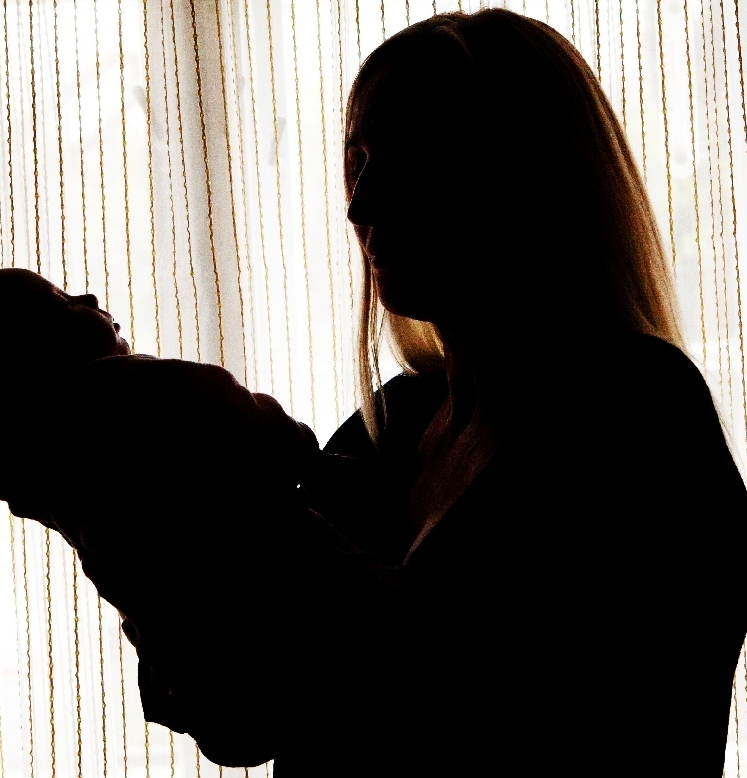Sale of breastmilk online warrants a watchdog, experts warn
New mums face mounting social pressure to provide breast milk, given its famous nutritional benefits, and more and more are turning to the Internet if they are unable to provide the milk themselves. But BMJ medical journal has warned that the milk is so prone to contamination that health watchdogs need to step in and regulate online sales. One study found that 21% of tested samples of Internet-bought breast milk were contaminated with a herpes virus called cytomegalovirus, compared to 5% from a regulated bank.
Unlike donors at licensed milk banks, online sellers are not required to undergo any serological screening, meaning that diseases such as hepatitis B and C, HIV, human T cell lymphotrophic virus and syphilis may not be detected.
Sarah Steele, a lecturer at the Global Health, Policy and Innovation Unit at Queen Mary University London
Another study found that 92 of 101 online samples tested positive for bacterial growth, likely due to a lack of pasteurisation. And an investigation of 102 online samples found that 25% arrived with severely damaged packaging and were no longer frozen. Sarah Steele, a lecturer at the Global Health, Policy and Innovation Unit at Queen Mary University London and author of the BMJ editorial, said urgent action was required to better regulate the collection and shipping of breast milk.

Health Breast milk